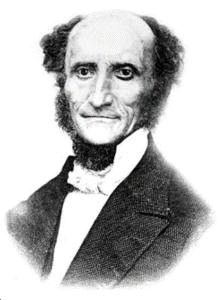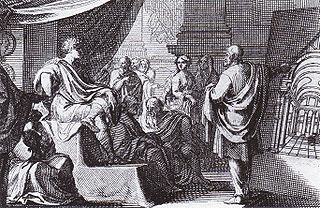A Quote by Lord Chesterfield
I am not of the opinion generally entertained in this country [England], that man lives by Greek and Latin alone; that is, by knowing a great many words of two dead languages, which nobody living knows perfectly, and which are of no use in the common intercourse of life. Useful knowledge, in my opinion, consists of modern languages, history, and geography; some Latin may be thrown into the bargain, in compliance with custom, and for closet amusement.
Quote Topics
Alone
Am
Amusement
Bargain
Closet
Common
Compliance
Consists
Country
Course Of Life
Custom
Dead
England
Entertained
Generally
Geography
Great
Great Man
Greek
History
In My Opinion
Intercourse
Knowing
Knowledge
Knows
Languages
Latin
Life
Lives
Living
Man
Many
May
Modern
Modern Languages
Nobody
Opinion
Perfectly
Some
Thrown
Two
Use
Useful
Useful Knowledge
Which
Words
Related Quotes
I work in Hebrew. Hebrew is deeply inspired by other languages. Not now, for the last three thousand years, Hebrew has been penetrated and fertilized by ancient Semitic languages - by Aramaic, by Greek, by Latin, by Arabic, by Yiddish, by Latino, by German, by Russian, by English, I could go on and on. It's very much like English. The English language took in many many fertilizations, many many genes, from other languages, from foreign languages - Latin, French, Nordic languages, German, Scandinavian languages. Every language has influences and is an influence.
We the undersigned, intend to establish an instruction and training institution which differs from the common elementary schools principally in that it will embrace, outside of (in addition to) the general and elementary curriculum, all branches of the classical high school, which are necessary for a true Christian and scientific education, such as: Religion, the Latin, Greek, Hebrew, German, French and English languages; History, Geography, Mathematics, Physics, natural history, Introduction to Philosophy, Music, and Drawing.
I can read more languages than I speak! I speak French and Italian - not very well, alas, but I can get by. I read German and Spanish. I can read Latin (I did a lot of Latin at school.) I'm afraid I do not speak any African languages, although I can understand a little bit of the Zulu-related languages, but only a tiny bit.
Words, as is well known, are the great foes of reality. I have been for many years a teacher of languages. It is an occupation which at length becomes fatal to whatever share of imagination, observation, and insight an ordinary person may be heir to. To a teacher of languages there comes a time when the world is but a place of many words and man appears a mere talking animal not much more wonderful than a parrot.
Malcolm Bradbury made the point, and I don't know whether it's a valid one or not, that the real English at the moment is not the English spoken in England or in America or even in Canada or Australia or New Zealand. The real English is the English which is a second language, so that it's rather like Latin in the days of the Roman Empire when people had their own languages, but had Latin in order to communicate.
I'll probably take the prize for the most irrelevant degree. Although some of the things now where they study, you know: "post feministic colonial film theory" - those kind of majors, yeah, that's probably worse. But I was, you know, classics, Greek and Latin, like what's more irrelevant than dead languages, you know?
My curiosity, alas, is not the kind that can be satisfied by objective knowledge. Plato said that opinion is worthless and that only knowledge counts, which is a neat formulation. ... But melancholy Danes from the northern mists understand that opinion is all there is. The great questions transcend fact, and discourse is a process of personality. Knowledge cannot respond to knowledge. And wisdom? Is it not opinion refined, opinion killed and resuscitated upward? Maybe Plato would have agreed with this.


































